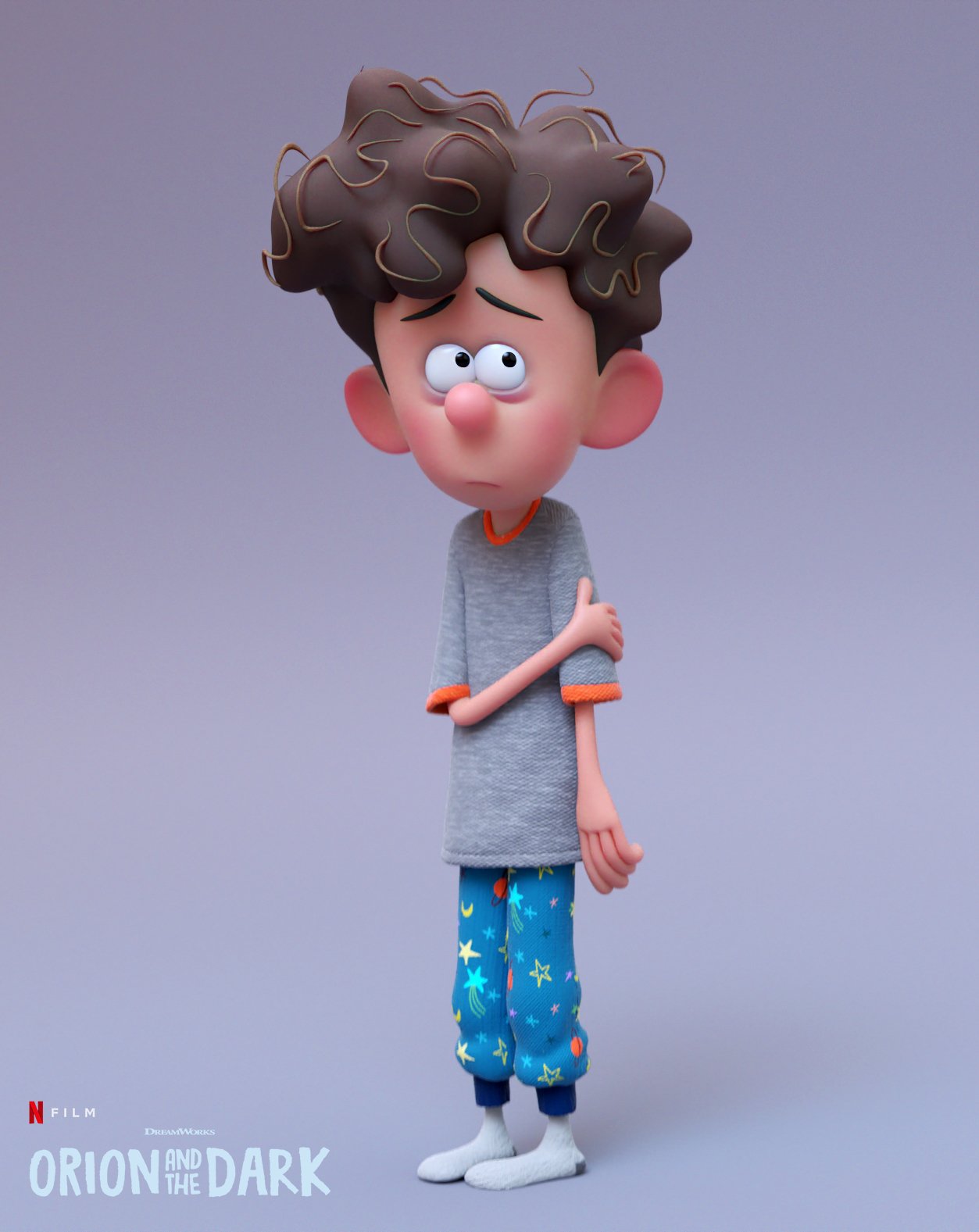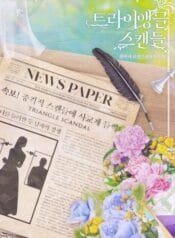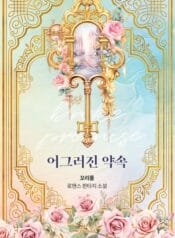Chapter 6.3
With her firm resolve, the scales layered one after another. Do-re-mi-fa-sol-la-si-do, and as the melody returned to the beginning, Natalie asked,
“Why did you come, Mr. Wharton?”
Mr. Wharton, who had been staring blankly at the sheet music, smiled faintly, like an actor who had just found his forgotten line.
“I came to thank you. Thanks to you, the opening ceremony was a great success. Your idea for the masquerade ball was brilliant.”
Mr. Wharton met Natalie’s gaze.
“Thank you, Natalie.”
Hearing his formal gratitude, Natalie felt a sense of distance. The gentleman beside her suddenly felt far away.
“You’re welcome.”
Natalie mirrored his smile faintly. Mr. Wharton responded with a quiet laugh. Natalie found herself missing the carefree, cheerful laughter of the unreserved gentleman. Before she could express her thoughts, Mr. Wharton posed a question.
“How should I repay my gratitude? Is there a gift you’d like?”
“No, there’s nothing. Friends help each other without expecting anything in return.”
“You’re right. We’re friends.”
Mr. Wharton’s soft voice carried his words with a lingering smile.
Friends.
To Natalie, the word now carried a different weight. It was a relationship that felt close yet couldn’t be closer. A paradoxical word that she longed for and yet found bittersweet because it only meant being “just friends.”
The word felt like bittersweet chocolate melting on her tongue—sweet yet bitter, bitter yet sweet.
How close could a friend of Mr. Wharton stay?
Natalie couldn’t gauge the boundaries—where it was acceptable and where it wasn’t.
If she had as many friends as Mr. Wharton, perhaps she wouldn’t feel so confused and could act more naturally. But Mr. Wharton was her only friend, her first friend, and everything she experienced with him was new, leaving her in turmoil.
As Natalie mulled over the bittersweet word, Mr. Wharton spoke again.
“If there’s anything you want, just tell me. I’ll gladly do it for my friend.”
His generous words stirred a small wish in Natalie’s heart. She hesitated, lightly touching the piano keys, before speaking.
“Then, could you…”
Mr. Wharton looked at her with gentle eyes, ready to grant any request. Encouraged by his gaze, Natalie finally voiced her wish.
“…help me practice the piano?”
As soon as she said it, she felt it was a big request. Asking him to spend time with her when he was surely busy seemed like too much, so she quickly added,
“If you’re busy, you don’t have to come.”
Natalie waited nervously for Mr. Wharton’s response, watching as the corners of his eyes curved into a gentle crescent.
“I’ll help you.”
As soon as she heard his reply, an uncontrollable smile spread across Natalie’s face. Realizing she might have shown too much excitement, she quickly adjusted her expression, biting her lower lip to suppress her grin. Yet, the smile lingered at the corners of her mouth.
“Then, please come by whenever you have time.”
“Once isn’t enough. I’ll come every day. It seems like you’ll need a lot of practice.”
Mr. Wharton’s tone was kind, yet his evaluation was merciless. Natalie wasn’t sure whether she should be happy to see him daily or upset about her lack of skill. Seeing her confused expression, Mr. Wharton chuckled softly.
“I’ll make sure you don’t regret choosing me as your teacher. You’ll become the best pianist in this city. Trust me.”
Though his playful words were clearly exaggerated, Natalie couldn’t help but trust him. Mr. Wharton’s confidence seemed to make her feel confident as well. Like a charming magician captivating children, his smile entranced her, and she nodded as if under a spell.
Thus, Natalie gained a teacher who seemed somewhat like a swindler yet earned her trust effortlessly.
***
Natalie practiced the piano beside Mr. Wharton until the evening sun began to set. From time to time, Mr. Wharton would guide her wandering fingers to the correct keys or quietly tell her whether the next note was “Do” or “Re.” Natalie followed his voice like a guide, feeling reassured whenever she hesitated.
The memories of being scolded by her piano teacher as a child and her fear of making mistakes on the keys gradually faded away. Mr. Wharton’s gentle teaching gave her the courage to be imperfect. Her memories of the piano were repainted in warm hues as she practiced beside him.
“You’re the fastest learner I’ve ever met. My student clearly has a talent for the piano.”
Whenever Mr. Wharton offered exaggerated praise, Natalie knew he was lying, yet she still gained confidence. It felt like falling for a magician’s tricks, even while knowing they weren’t real—until playing the piano became less about tedious practice and more about joyful play.
Evening was not an ideal time for piano practice. More importantly, it wouldn’t be right to keep her teacher from his dinner. Before Mr. Wharton could feel inconvenienced, Natalie decided to stop practicing.
“I think that’s enough for today.”
Her kind teacher didn’t force her to stay at the piano when she wanted to stop. Mr. Wharton closed the sheet music, signaling the end of their session.
“There’s no need to practice for too long. Your focus and interest will fade.”
Natalie nodded in agreement, smiling. However, as she watched Mr. Wharton rise from his seat, she felt a pang of regret. Though she lowered her hands from the piano, her gaze remained fixed on him.
“Thank you for helping me.”
She added the words almost unnecessarily. Mr. Wharton responded by turning back toward her, as if willingly caught by her gratitude.
“See you tomorrow, Natalie.”
His farewell eased the disappointment swelling in Natalie’s heart. She could meet Mr. Wharton again tomorrow. That thought brought her joy and allowed her to send him off with a smile.
Leaving a promise for tomorrow made the day bearable. The excitement for tomorrow spilled into today, making even the waiting feel special. Thus, the ever-elusive “tomorrow” felt like a gift left behind by Mr. Wharton.
***
The next day, Natalie sat at the piano once more, waiting for Mr. Wharton. Even as the afternoon sunlight stretched longer, he didn’t appear. Time dragged on as she sat alone on the piano bench.
Is he not coming?
The excitement that had swelled overnight began to deflate slowly.
He must be busy.
Even if he didn’t come, there was nothing she could do. Natalie started practicing alone. Do, Re, Mi… She tried not to feel upset, recalling Mr. Wharton’s voice guiding her through the keys. There were many things in the world that couldn’t be helped.
By the time the sunlight streaming through the window felt scorching against her skin, the door opened. Mr. Wharton entered, exhaling like someone who had been running, brushing back his disheveled blond hair.
“Good afternoon, Natalie.”
His greeting turned Natalie’s long, lonely afternoon into something delightful. Smiling warmly, Mr. Wharton stepped into the room where Natalie had been waiting alone. As he sat beside her, the sunlight no longer felt harsh. It shimmered gently, brightening his blond hair like a soft embrace, making her forget how long she had waited.
Natalie continued her practice beside Mr. Wharton. He praised her improved performance compared to the previous day, and Natalie smiled with pride. As she practiced the sections she was still struggling with, Mr. Wharton spoke to her.
“Do you have any favorite books besides ‘The Mysteries of Udolpho’?”
At his question, countless titles floated through Natalie’s mind. After pondering for a moment, she replied.
“…There are many. So many.”
The question opened the floodgates of her thoughts, and she remembered the book she had read the night before.
“I read a book last night. Its setting was an opera theater. It reminded me of you, Mr. Wharton.”
“That’s an interesting coincidence.”
“The two protagonists reunited at the opera theater. Isn’t that fascinating? They actually liked each other, but they had fiancés…”
Mr. Wharton listened to Natalie’s chatter with a smile. Natalie told him about the book she had recently started reading and asked him about his daily life.
“I prepare performances, inspect stages, and meet patrons. They’re picky and demanding friends.”
Natalie grew curious about the daily life of Mr. Wharton, which she didn’t know much about. As she gazed at him intently, Mr. Wharton smiled and asked,
“Do you want to hear about it?”
Natalie nodded. Mr. Wharton continued his story. He described patrons who talked endlessly while signing contracts, always saying, “Let’s meet again tomorrow,” and others who abruptly demanded to meet the actors. These were truly demanding friends who kept Mr. Wharton occupied late into the night.
Natalie didn’t find the stories about these unfamiliar people particularly enjoyable. Instead, imagining Mr. Wharton’s daily life brought her joy. Watching him as he spoke—smiling brightly, furrowing his brows, or chuckling dryly—was also enjoyable.
The quiet room where she had waited for one person was now filled with his voice. Like the harmony of a piano duet, the colorful melodies of his stories pleased her.







